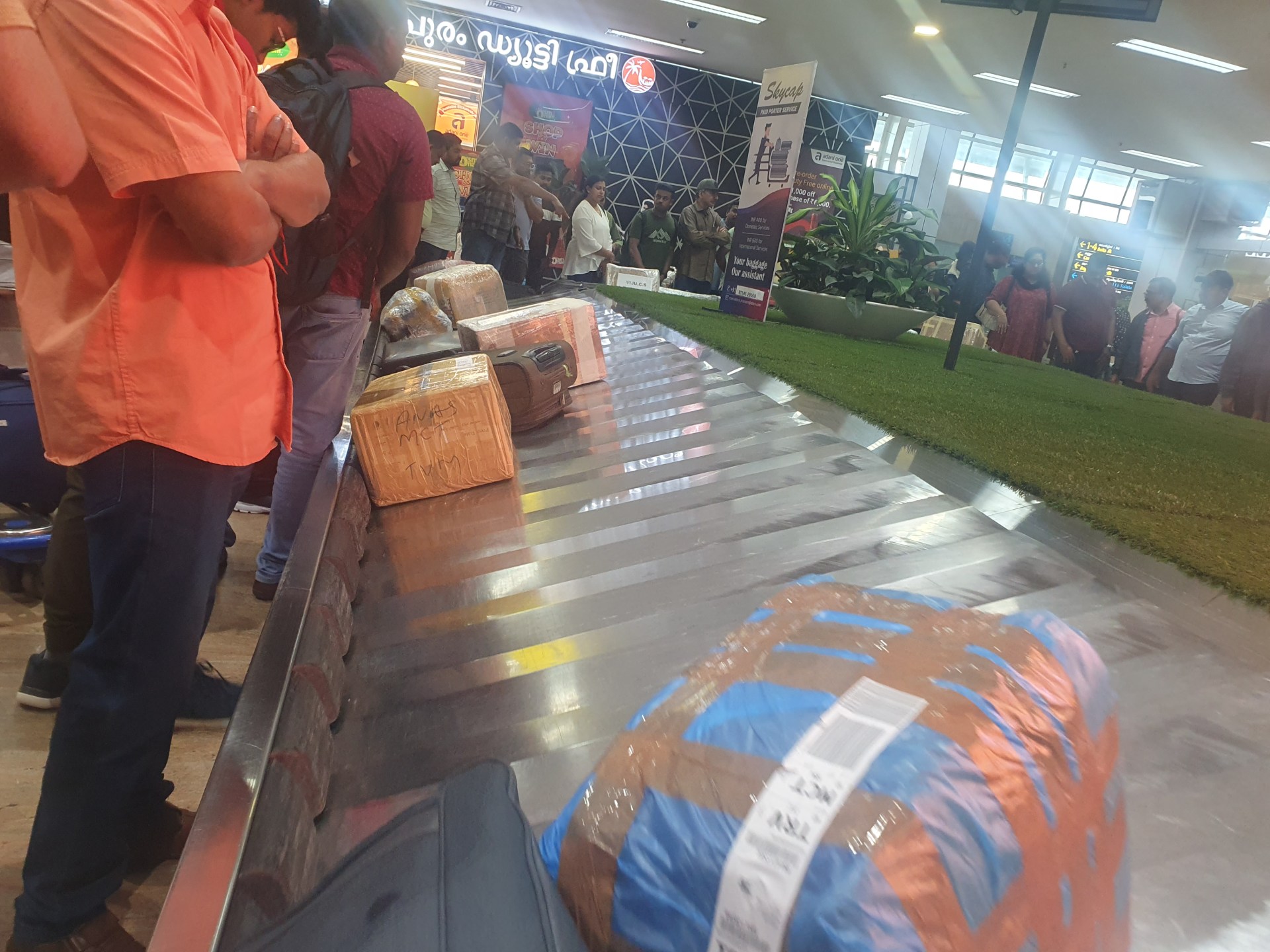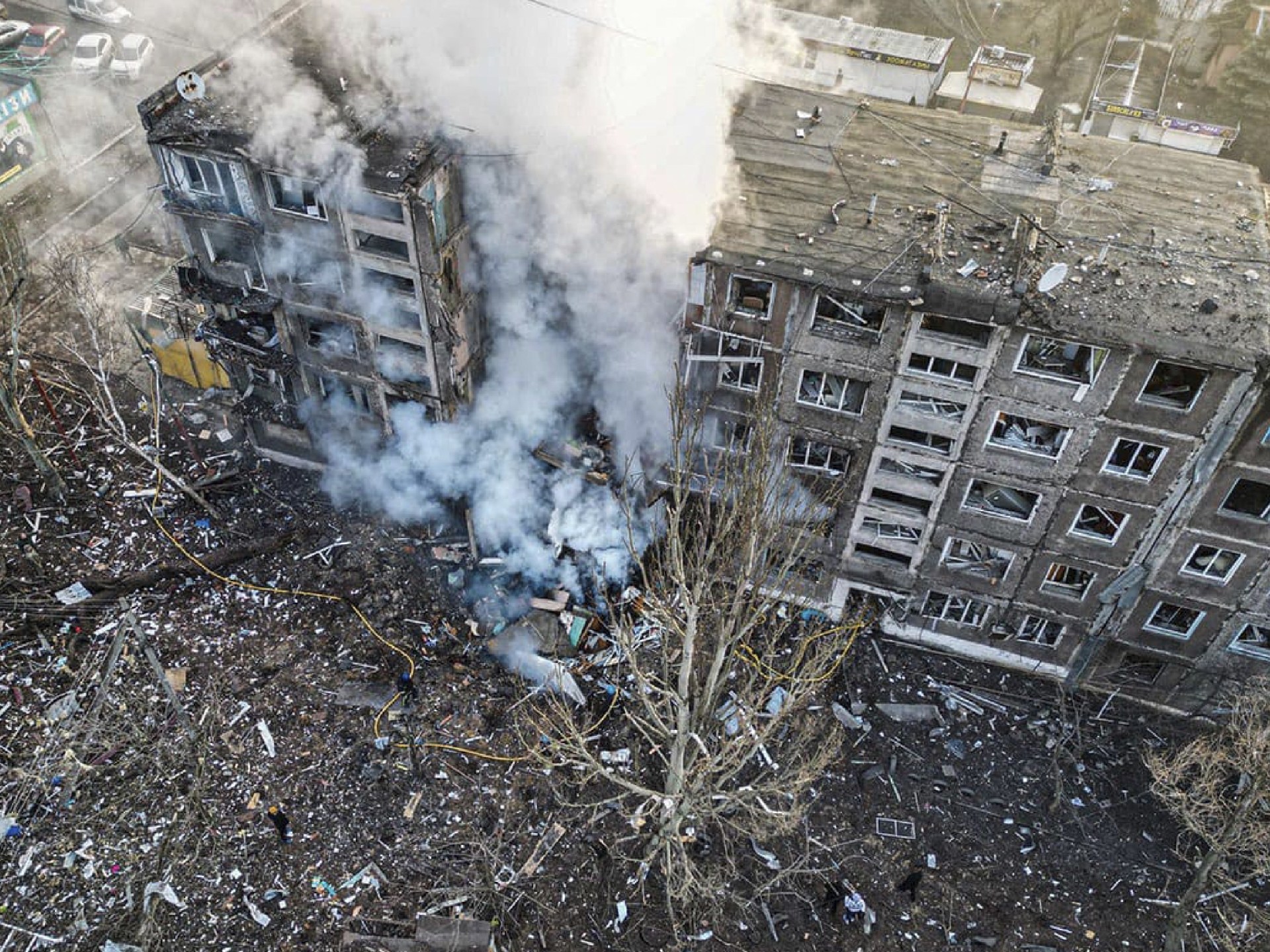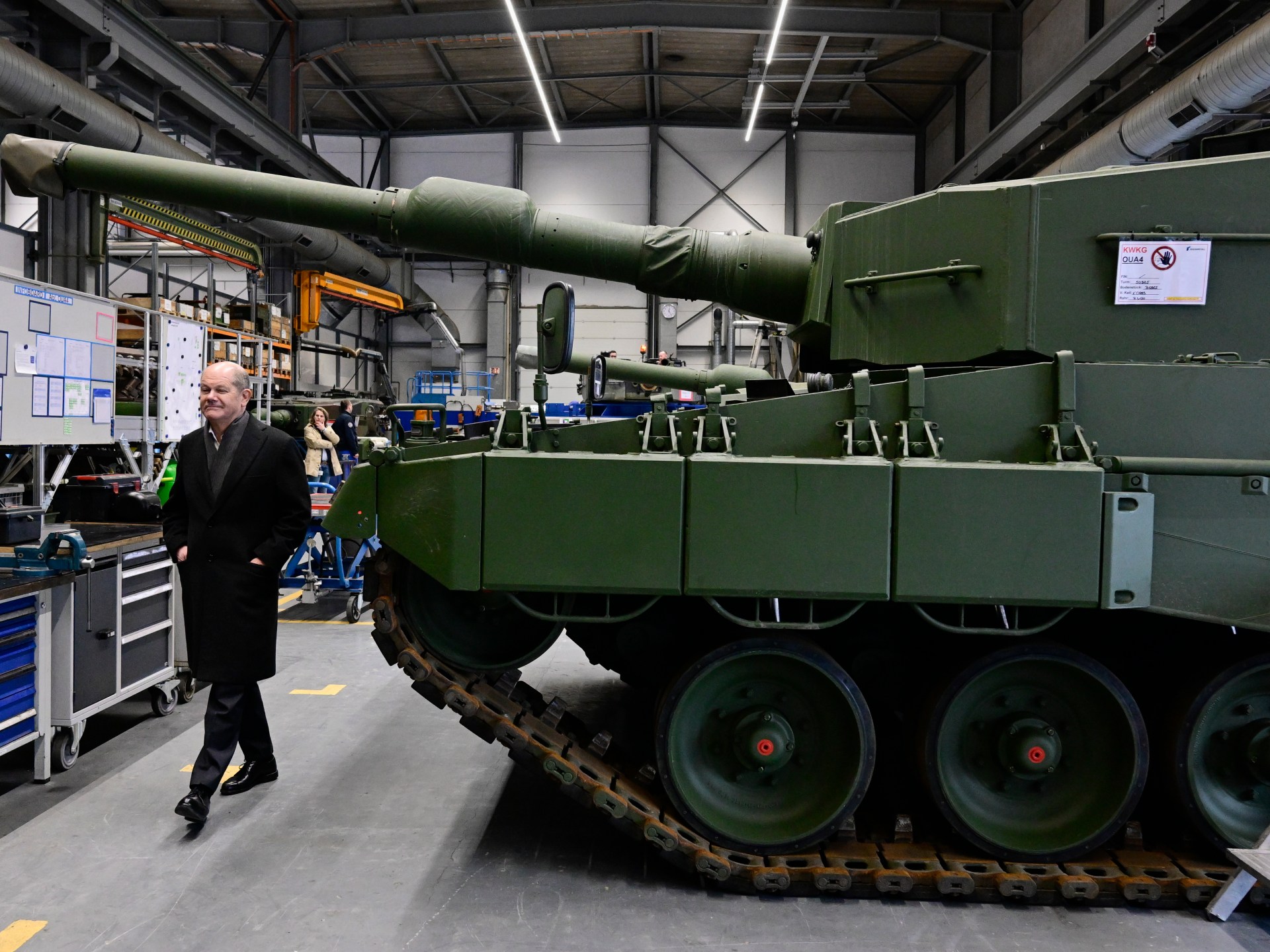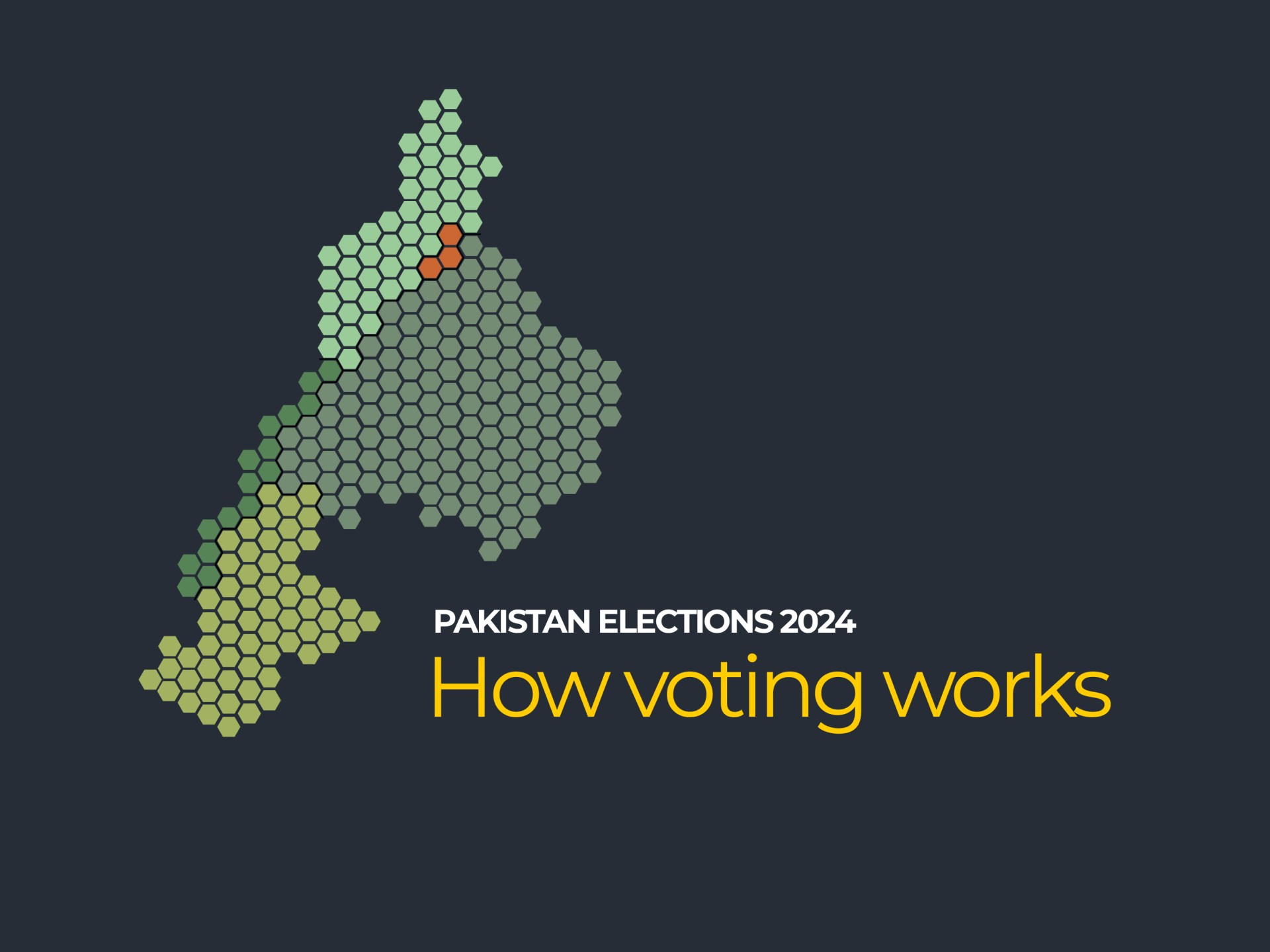‘They carry dreams’: Brown boxes of love, sent from the Gulf to India | Migration
Thiruvananthapuram, India - As soon as you enter, walk to the right, then a little forward.
In the first or second aisle, you’ll see them immediately, prominently placed on the shelves: Tiger Balm and, next to it, Axe Oil — both from Singapore. And then, in the third or fourth aisle, Imperial Leather bath soap from Britain.
In Lulu Hypermarkets across the Gulf, these coveted products – muscle-relieving ointment and a bath bar with a well-known fragrance – are always positioned the same so shoppers can easily find them. Often, these three products are the only items people have travelled to the store to buy.
Indian-born businessman and billionaire MA Yusuff Ali is the chairman and managing director of LuLu Group International, which oversees 255 Lulus in 23 countries. The franchise has the tagline “The world comes to shop in Lulu,” but most consumers at his swanky Gulf stores are fellow South Asians – mainly low-paid migrant workers from his home state, Kerala, on India’s southern tip.
Of the nine million Indians living in Gulf Cooperation Council countries, people from Kerala form the biggest chunk — by far.
These workers tend to flock to Lulu just before they fly home on leave. Typically, they get 14 days of vacation annually. Sometimes this leave is saved up over two years so workers can spend a whole month at home. Stopping at Lulu before the journey back is a well-practised ritual, an event aimed at bringing joy to their loved ones, whom they’ve waited all year – or even two years – to see.
And that joy comes in the form of balm, oil and soap.
‘Huge money for people like me’
Migrant worker George Varghese has been driving cars for an Emirati family in Dubai for the past 28 years. His employer owns a limousine fleet service that counts the Bahraini royals; Russian President Vladimir Putin’s former wife, Lyudmila Aleksandrovna Ocheretnaya; Indian film star Shah Rukh Khan; and British-Indian millionaire Lakhsmi Mittal’s family among its clients.
Varghese, a Keralite who speaks multiple languages, has driven some of these dignitaries around Dubai while earning 2,200 UAE dirham ($600) a month – a little more than South Asian construction workers.
Workers will often spend 500 dirhams ($136) on shopping before flying home, which is “huge money for people like me”, Varghese says. A bar of Imperial Leather costs about 3 dirhams, a jar of Tiger Balm about 9 dirhams and Axe Oil is 10 dirhams.
Recently, Varghese handled the repatriation of a paralysed Indian man. When he purchased the man’s airline ticket, Varghese made a stop at a Lulu, picking up two Tiger Balms, three Axe Oils, and two bars of Imperial Leather soap. “Old habits die hard,” he says.
He packed the must-have items and a few chocolates in a brown carton and sent it to the man’s family as a gift.
Varghese, like other migrant workers, doesn’t bathe with the expensive Imperial Leather soap, which was first produced in 1930 in London and claims to have a scent created in the 18th century. Instead, he uses Radhas, an ayurvedic Kerala soap, which is always kept on the bottom shelves of Lulu – you have to bend over to find it.
He explains that the migrants often say, “We have never used Imperial Leather, but our families have.”
Not only is it essential for workers to purchase the desired products before travelling home, but the items must also be packaged in a specific way, Varghese explains. That means placing them in brown cartons secured with yellow plastic rope, then wrapping the boxes with tape. Names and flight details, written in permanent marker, must appear on the box.
It’s a ritual not to be deviated from, Varghese adds.
![Brown cartons moving along with other suitcases from Bahrain on the conveyor belt at Thiruvananthapuram International Airport on October 31 [Rejimon Kuttappan/Al Jazeera]](https://www.aljazeera.com/wp-content/uploads/2023/12/Brown-cartons-moving-along-with-other-suitcases-from-Bahrain-on-the-conveyor-belt-at-Thiruvananthapuram-International-Airport-on-October-31.-2-1703970778.jpg?w=770&resize=770%2C578)
Exotic gifts from afar
Kerala’s long history of migration, spurred by poverty and unemployment, has seen significant shifts in destinations throughout the 20th century.
Early migrants sought opportunities in Southeast Asia, but after oil was discovered in the Gulf, Keralites started to migrate there in search of “Arabi Ponnu” (“Arab Gold” in Malayalam, Kerala’s local language). And those who returned home from the Gulf started to bring back signature gifts for their families.
Items like Tiger Balm, Axe Oil and Imperial Leather soap bars — foreign-manufactured and then unavailable in local markets — became coveted symbols of success, so much so that today, when they are either available in India or can be shipped using global e-commerce firms, migrant workers from Kerala still buy them as gifts for their families.
[BELOW: We should translate the name of the song]
This custom has even found its way into popular culture, immortalised in the lyrics of the 1965 song Kadalinakkare Ponnore (Across the sea to the north) from the movie Chemmeen (The Prawns). The lines, “Those who cross the sea, those who go for unseen gold, when you return, what will you bring with your hands full?” playfully teased loved ones returning from their quests for “unseen gold” abroad.
What began as an expectation evolved into a cherished tradition, adding excitement and anticipation to family reunions.
The brown carton ritual
Manikantan Raju remembers the early days of the brown cartons.
It was started in the 1960s, he says, by a Keralite hotel owner in Dubai who helped migrants send packages home to their loved ones in India.
After losing his house in a fire in a southern Kerala village when he was 15, Raju joined many of his neighbours seeking new opportunities in far-flung corners of Southeast Asia. He then travelled to the shores of Oman’s Muscat coast in a wooden boat and found overland transport in a fruit truck to Dubai. There he landed at the Deluxe Hotel, where arriving migrants could stay and find work, and was hired to help build the Dubai Creek, a natural seawater inlet of the Gulf that runs southeast through the heart of Dubai.
When it came time for Raju to send items home for his mother and sisters, the hotel owner did all the purchasing, packaging and shipping arrangements, Raju explains. “Since many of us arrived in Dubai without a passport, the Deluxe Hotel owner would help us send brown cartons home as certain documents are needed to courier the boxes,” he adds.
The owner “meticulously packed” balm, oil, soap, stylish polyester dhotis [wraparounds for men], dates and the workers’ handwritten letters, Raju says. He can’t remember the exact brand names from that time, but he does recall buying Imperial Leather, Tiger Balm, Axe Oil and Nido (milk powder) to send home in the 1990s.
![Brown cartons getting drenched in rain on August 20, 2020, at a crash site of Air India Express flight from Dubai in Kozhikode, Kerala. The crash killed 20, including two pilots [Rejimon Kuttappan/Al Jazeera]](https://www.aljazeera.com/wp-content/uploads/2023/12/Brown-cartons-getting-drenched-in-rain-on-August-20-2020-at-a-crash-site-of-Air-India-Express-flight-from-Dubai-in-Kozhikode-Kerala.-The-crash-killed-20-including-two-pilots-1703970743.jpg?w=720&resize=720%2C540)
Varghese says not much has changed since. Of course, migrant workers now make their own purchases for their annual leaves, but those brown boxes, packed with care, are essential for the journey home.
Among the American Touristers and Skybags on the conveyor belts of any South Indian airport, especially in Kerala, “you will also see brown boxes with names and flight destinations written in bold font,” Varghese says.
And beside the baggage carousel, you’ll find Keralites waiting patiently for their precious boxes filled with carefully selected gifts. The brown boxes are symbols of love and connection and build a bridge between the two worlds of work and home, Varghese explains.
“They carry the dreams of a man working hard to provide for his family.”
Packing and unpacking: two celebrations
The night before a worker goes on annual leave is a celebration. There is a delicious feast, loud music and sometimes a few bottles of whiskey to mark the occasion.
Friends in the labour camp or shared apartment gather to help pack. One person skillfully arranges the contents in the boxes and wraps them in cello tape while another writes the traveller’s details on the boxes in permanent marker. There’s a weighing machine to make sure the contents remain under 30kg (66 pounds), the maximum weight for checked baggage on most budget airlines.
Meanwhile, two or three people prepare a feast of fiery Kerala chicken curry, which is paired with parotta (South Indian layered flour bread) bought from a nearby restaurant. The air is filled with mouthwatering aromas and songs.
One comrade agrees to remain sober. His job is to chauffeur his friend to the airport for the early morning flight. As the evening ends, the worker who is flying home takes one last look at his packed boxes, anticipating the response of his loved ones when they’re opened.
Like the ritual around packing the boxes, the unpacking is also a ceremony.
Surrounded by close relatives, the worker begins to untie the boxes, “cursing” his expert friend whose wrapping skills have rendered the box nearly unopenable.
After a flurry of rope cutting and tape removal, the gifts are taken out one by one: perfume bottles swaddled in clothes to protect them during transit, Nido milk powder cans, Tiger Balm for elderly relatives, colourful foil-wrapped chocolates for the children, Imperial Leather soap for the worker’s wife and mother.
And it’s over too soon. When the worker’s leave ends, his family gathers again. The empty cans are filled with grated coconut or dried fish, and his bags are packed with plantain and spiced plantain chips to be shared with roommates and friends back in the Gulf.
As the oil-rich Gulf countries continue to build gleaming skyscrapers and shining highways, those who service their economies — still very often from Kerala — aren’t going anywhere. Nor are the brown boxes of love on airport baggage carousels back in India.
Check out our Latest News and Follow us at Facebook
Original Source







